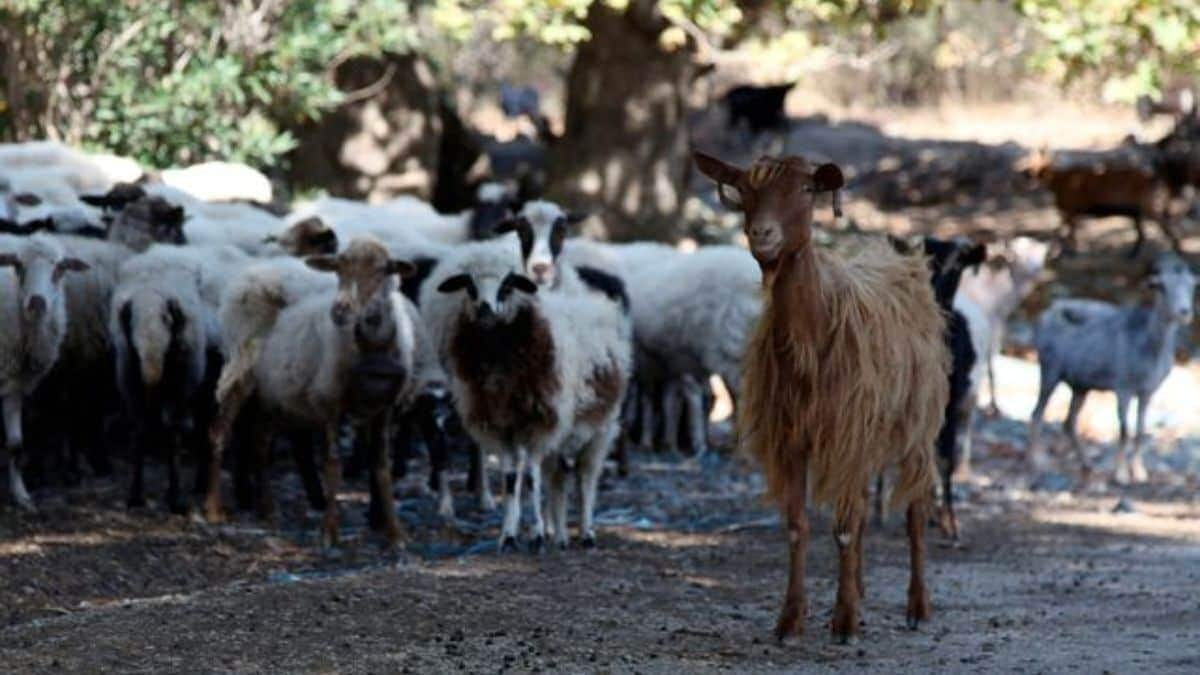
Greece struggles with 'goat plague' outbreak, bans livestock's movement
What's the story
Greece is battling an outbreak of Peste des Petits Ruminants (PPR), commonly known as "goat plague."
This deadly virus, while fatal for goats and sheep, does not affect humans.
In a bid to contain the highly contagious infection, the country has prohibited the movement of sheep and goats across pastures following new cases detected over the weekend, as announced by the agriculture ministry.
PPR spread
'Goat plague' virus: A global threat to sheep and goats
The PPR virus, first reported in Cote d'Ivoire, West Africa in 1942, has since spread globally.
Large regions in Africa, the Middle East, Asia and Europe are now affected by this deadly virus.
According to the Food and Agriculture Organisation of the United Nations, over 70 countries are either affected or at high risk of contracting this viral infection.
These countries house approximately 1.7 billion heads, around 80%, of the global population of sheep and goats.
Infection source
PPR virus transmission and spread in Greece
The World Organisation for Animal Health (WOAH) states that the PPR virus is transmitted through close contact, with confinement favoring outbreaks.
Secretions and excretions from infected animals serve as sources of infection among animals.
The virus was first detected in Greece on July 11, in the central Thessaly region, and has since spread to the Larissa region and Corinth in the south.
Animal culling
Culling measures to contain PPR virus in Greece
Senior agriculture ministry official Georgios Stratakos revealed that about 8,000 animals have already been culled in Thessaly.
Regional governor Dimitris Kouretas confirmed that an additional 1,200 will be culled later this week.
The European Union's protocols necessitate culling entire flocks once a case is detected to prevent further spread of the virus.
Disease control
Symptoms and preventive measures against PPR virus
Infected animals exhibit symptoms such as fever, crust-forming discharge on the eyes and nose, coughing, foul-smelling breath, and diarrhea.
These symptoms often lead to "severe morbidity and mortality rates" among animals.
To further prevent the spread of the virus, authorities are disinfecting entire affected farms and testing animals in nearby areas for the disease.
Movement ban
Greece tightens security measures to curb PPR outbreak
In response to new cases detected over the weekend, the ministry has banned the movement of sheep and goats for breeding, fattening, and slaughter throughout Greece.
The ministry's statement emphasized that "tightening the security measures across the country is deemed necessary for preventive reasons and is aimed at limiting the spread and eradicating the disease."
Investigations are underway to determine the source of the outbreak, with "suspicious imports" from abroad not being ruled out.